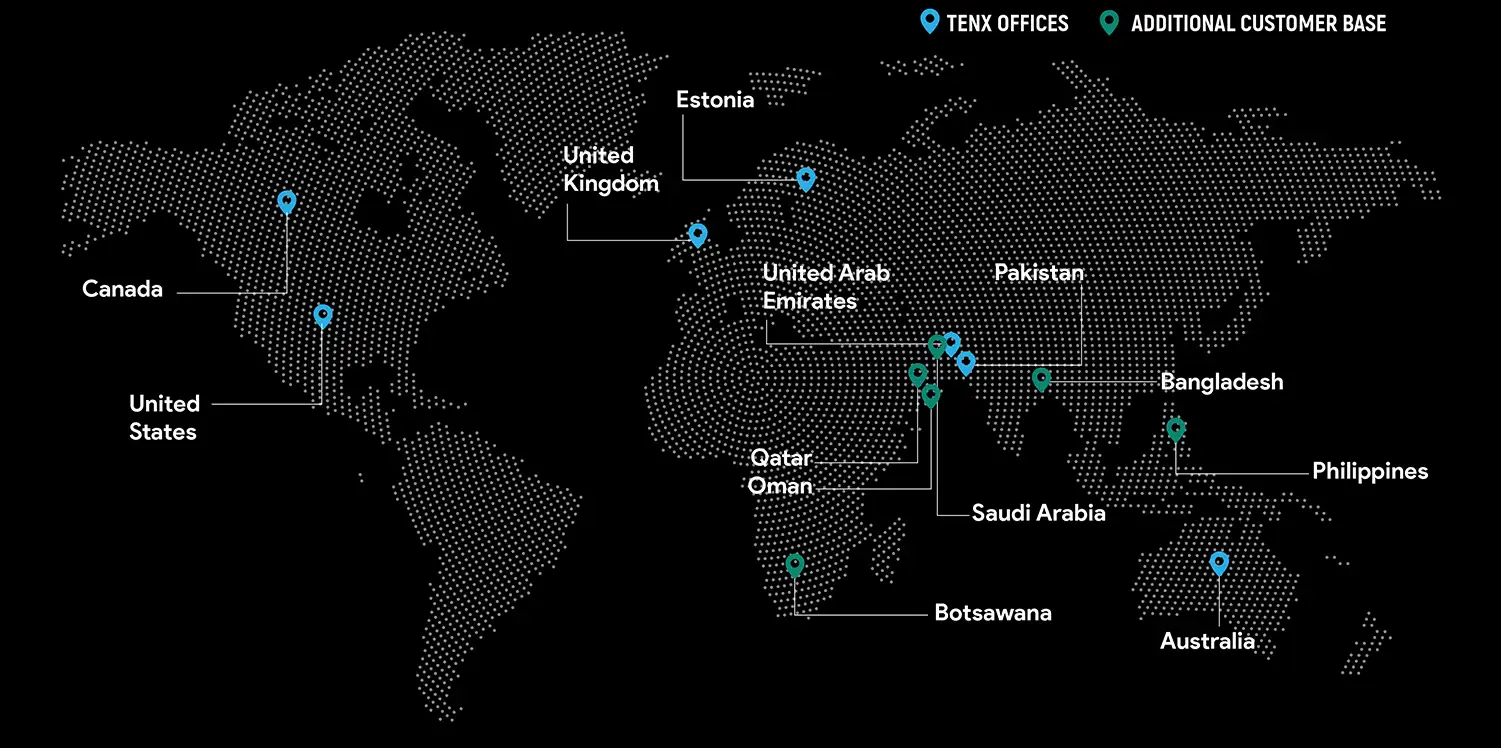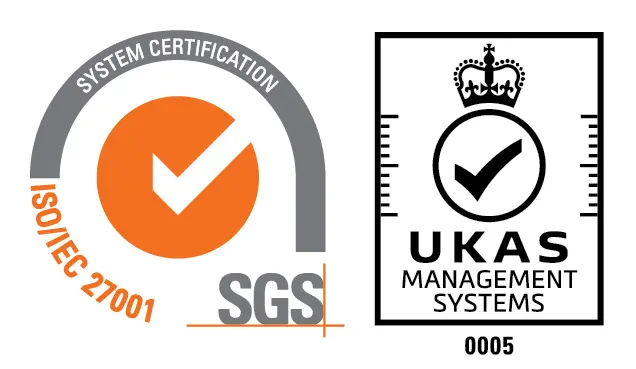CASE STUDIES
How we helped one of the largest telecom companies leverage AI to improve their agility and productivity and increase revenue
CASE STUDIES
How we helped one of the largest telecom companies leverage AI to improve their agility and productivity and increase revenue
We built an Enterprise Feature Store (EFS) architecture that enables the classification of over 70 million customers into various segments based on their features.
We built an Enterprise Feature Store (EFS) architecture that enables the classification of over 70 million customers into various segments based on their features.
The Client & Challenge
The client is the leading telecom operator in Pakistan, with the most extensive portfolio of digital services in the country. With a subscriber base exceeding 70 million, our client continues to be the undisputed leader in the telecom sector.
The client had multiple data science initiatives and separate ML pipelines, resulting in repetitive data and resource inefficiency, making it hard to adopt and integrate AI technologies quickly.
The Solution
We worked closely with the client to design and implement a comprehensive Enterprise Feature Store (EFS) architecture, encompassing online and offline feature storage, a specialized segment store for grouping customers, and various sources and interfaces for streamlined data management.
To set up the system, we first identified over 4,000 features related to our client’s subscribers and focused on 1,000 of the most important ones for initial development. We looked at data from multiple sources, like their data warehouse and data lake, to gain valuable insights. By using tools for managing metadata and feature catalogs, we made it easier to explore and reuse features across different projects. We also chose advanced tools to manage and organize the feature store, grouped features by their business impact, and created over 1,000 new features for their machine learning and marketing needs.
Our next step was to design and structure a data model that connected multiple data systems and ensured smooth collaboration across teams using our feature store framework. By collecting data from various sources and organizing it into separate stores, we categorized over 70 million customers based on their features. This simplified data management and helped the client adopt and effectively use AI technologies.
The Outcome
Our centralized feature store has led to significant improvements for the client. It has streamlined data science and ML pipelines, encouraged faster innovation and fostered collaboration across teams.
By adopting this feature store architecture and robust governance, the client reduced costs, improved agility in AI adoption, and maintained its strong leadership in the telecom industry.
Global Presence
TenX drives innovation with AI consulting, blending data analytics, software engineering, and cloud services.
Ready to discuss your project?





